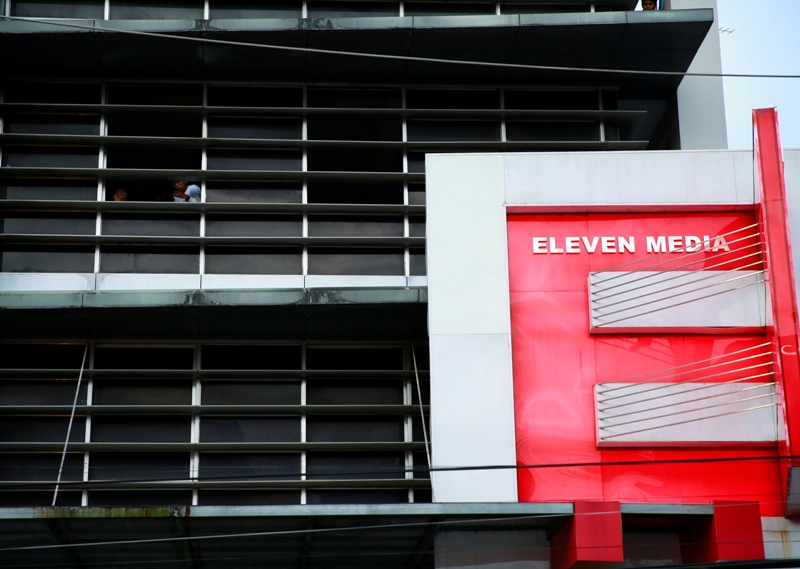The International Press Institute (IPI) today voiced concern after the heads of a Myanmar media group were detained on criminal defamation charges over an article suggesting that a local official accepted an expensive wristwatch in exchange for approving a development project.
Eleven Media Group CEO U Than Htut Aung and Editor-in-Chief U Wai Phyo were arrested on a complaint by the Yangon Regional Government after an article titled “A Year After the Nov. 8 Poll” accused an unnamed regional chief minister of accepting a €93,000 Patek Philippe watch from a businessman who recently had been released from prison for drug trafficking.
The article, which appeared under U Than Htut Aung’s by-line, criticised state officials for failing to stem corruption one year after historic elections and suggested that the watch was given in exchange for the minister’s approval of a tender for a new city project in Yangon.
The subjects of the article were not directly named, but its details allowed readers to identify them as Chief Minister U Phyo Min Thein and businessman U Maung Weik. Both men have denied the allegations in the article and the Yangon Regional Government filed a complaint against Eleven Media Group for defamation online on behalf of the chief minister under Art. 66(d) of Myanmar’s Telecommunications Law.
The Myanmar Press Council criticised the arrests and called for a quick resolution to the case. In a joint statement issued with four other media groups, it argued that the complaints should have been brought before the Council to be handled under the country’s media laws.
IPI Director of Advocacy and Communications Steven M. Ellis echoed that statement.
“The criminal charges against these journalists – not to mention their remand into custody – sends a dangerous signal about government officials’ willingness to accept the necessary scrutiny and criticism that comes with democracy,” he said. “We urge officials to avoid casting a harmful shadow over Myanmar’s ongoing transition by releasing these journalists, withdrawing the charges against them and allowing the Press Council, which was created to deal with this type of matter, to handle this case.”
Observers noted that Eleven Media Group itself has also relied on Art. 66(d) to target its critics. Most prominently, in June it filed a criminal complaint against three journalists from rival media outlet Mizzima Media over criticism of Eleven Media’s coverage of the involvement of a government-backed organisation in peace negotiations between defence forces and armed ethnic groups. That case remains pending.
In addition to calling for the Eleven Media Group journalists’ release, Ellis also urged Eleven Media to drop the cases it has brought under Art. 66(d) and to work through the Press Council.
“No journalists should fear imprisonment for reporting and that threat absolutely should never come from other journalists,” he said. “These cases show the need for Myanmar to proceed further with reforms to promote democracy, including the repeal of criminal defamation laws and the erection of strong safeguards to ensure journalists can report freely.”
